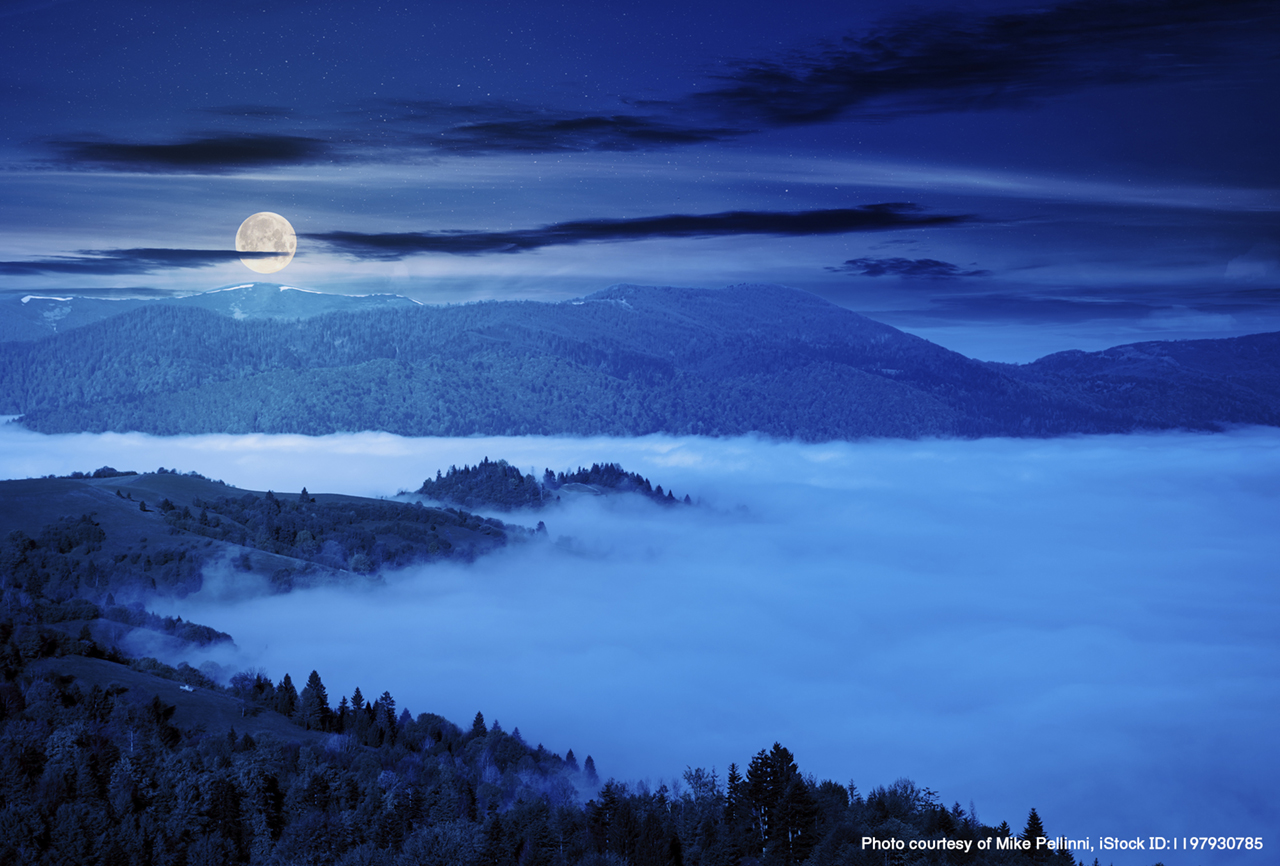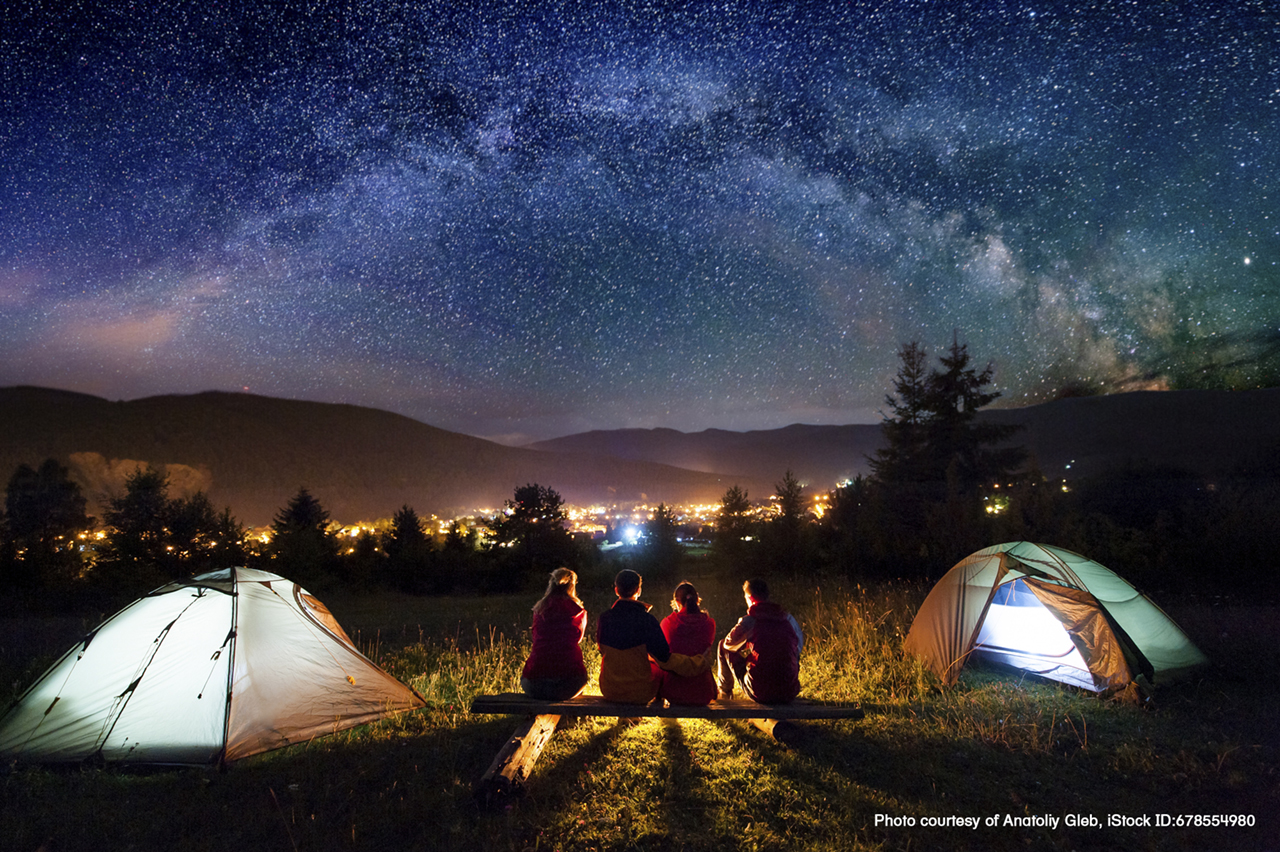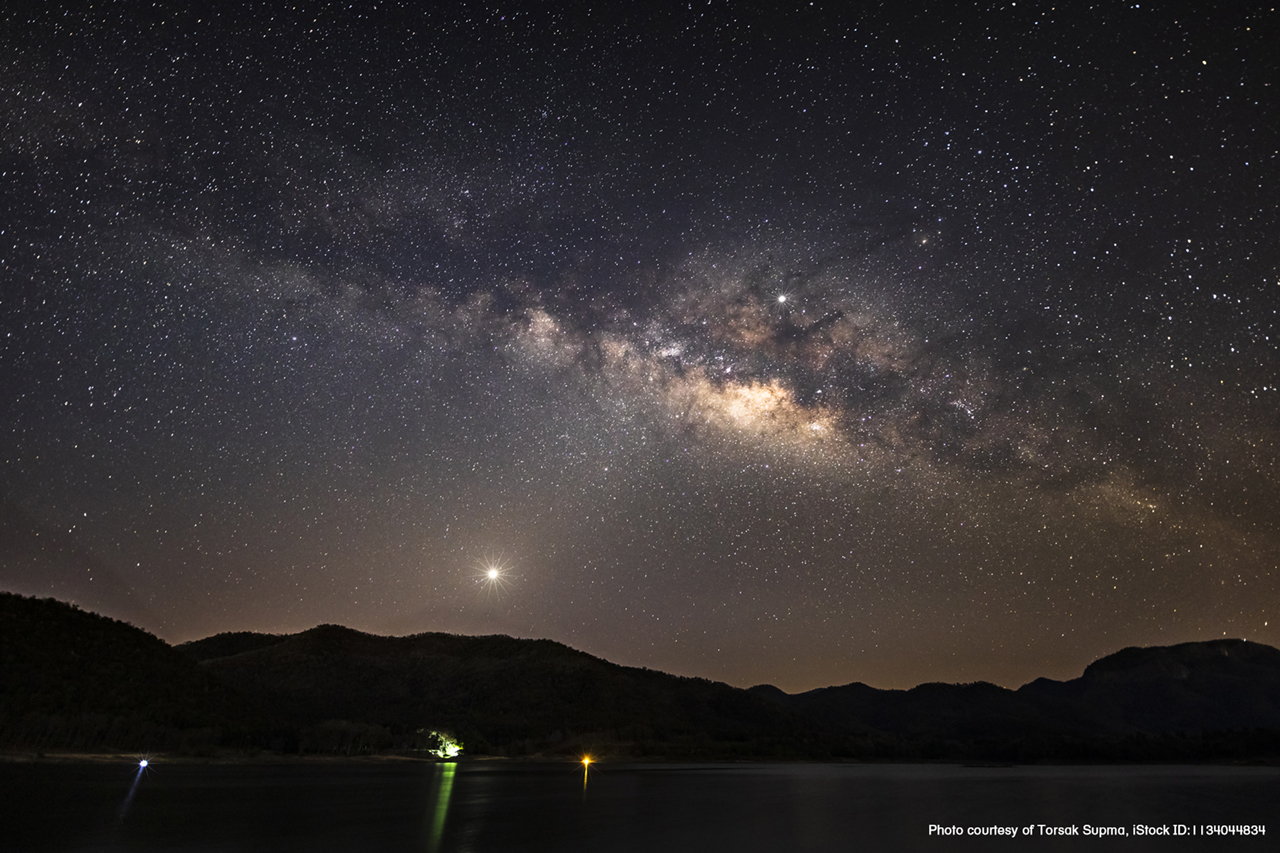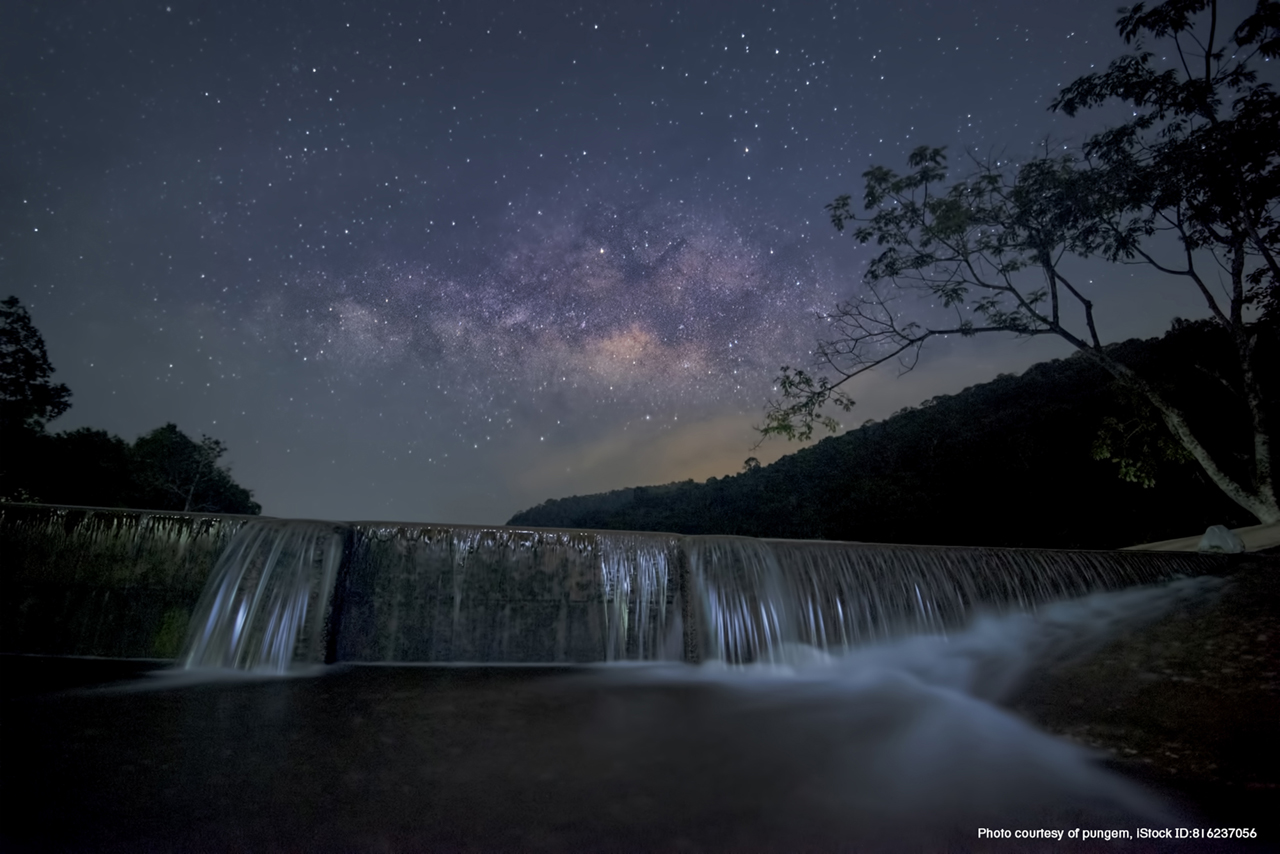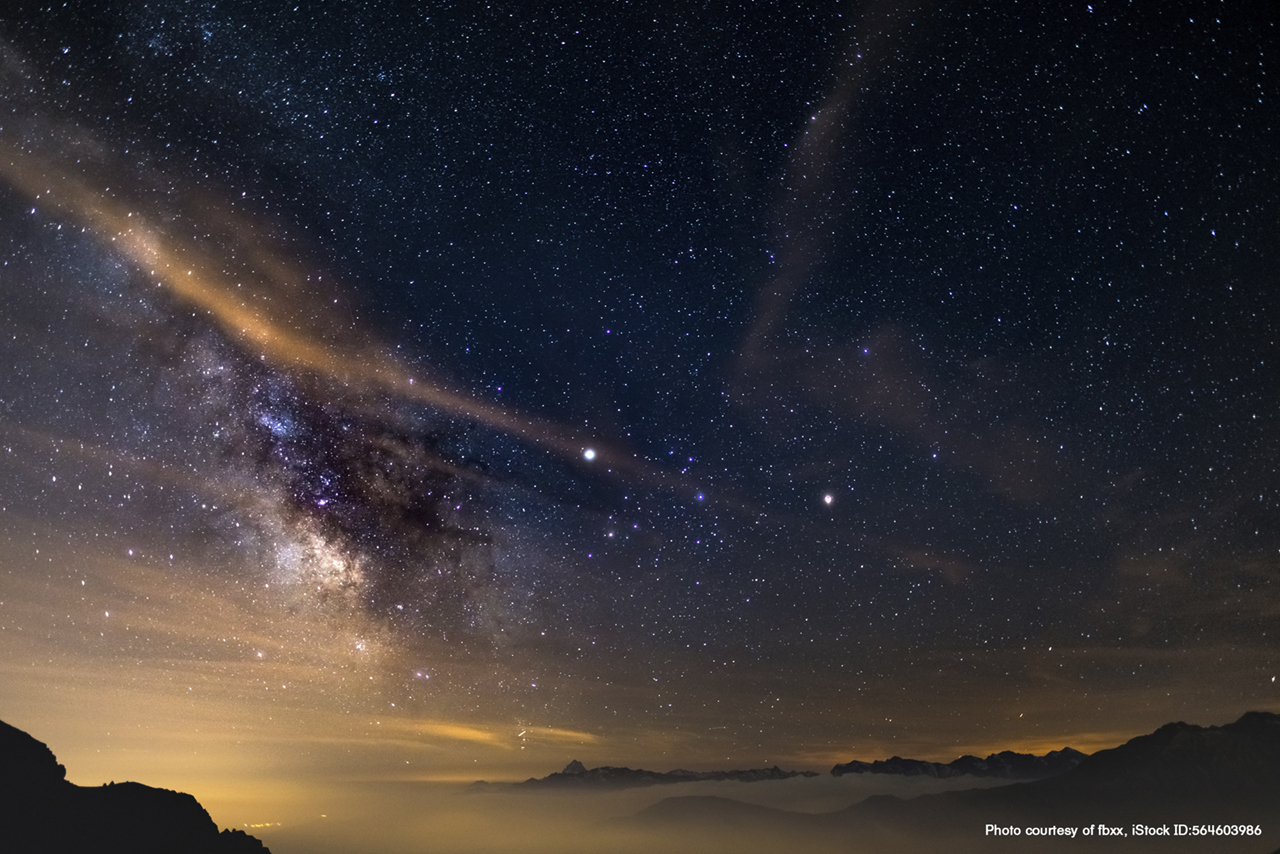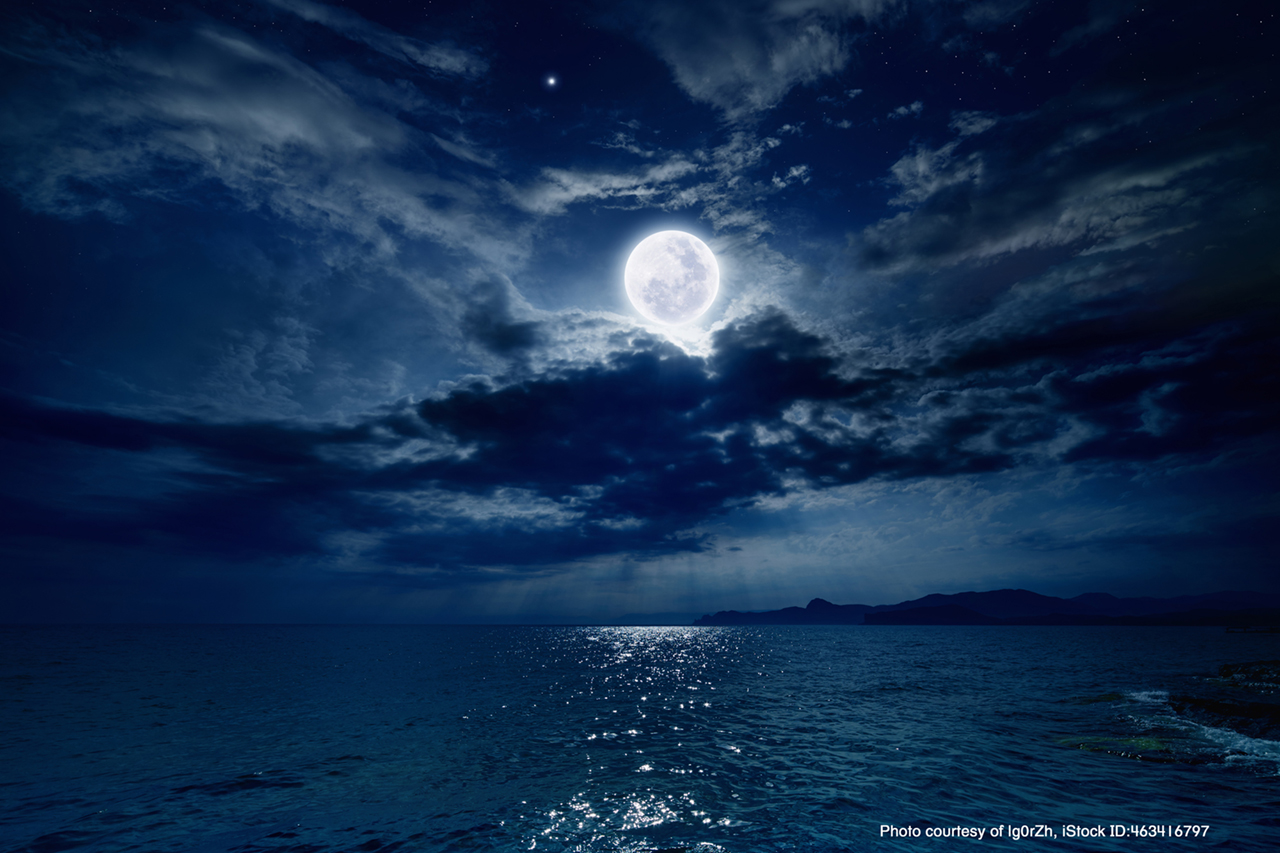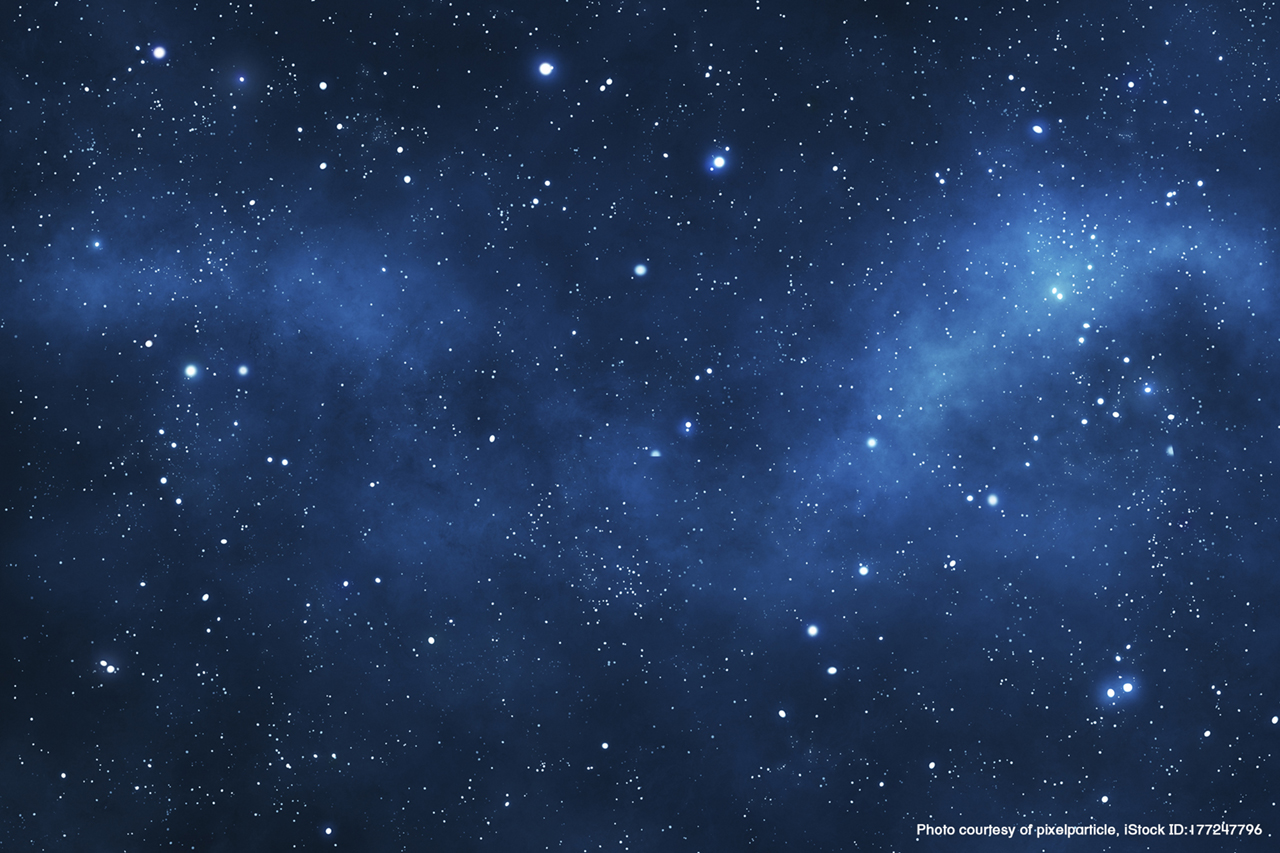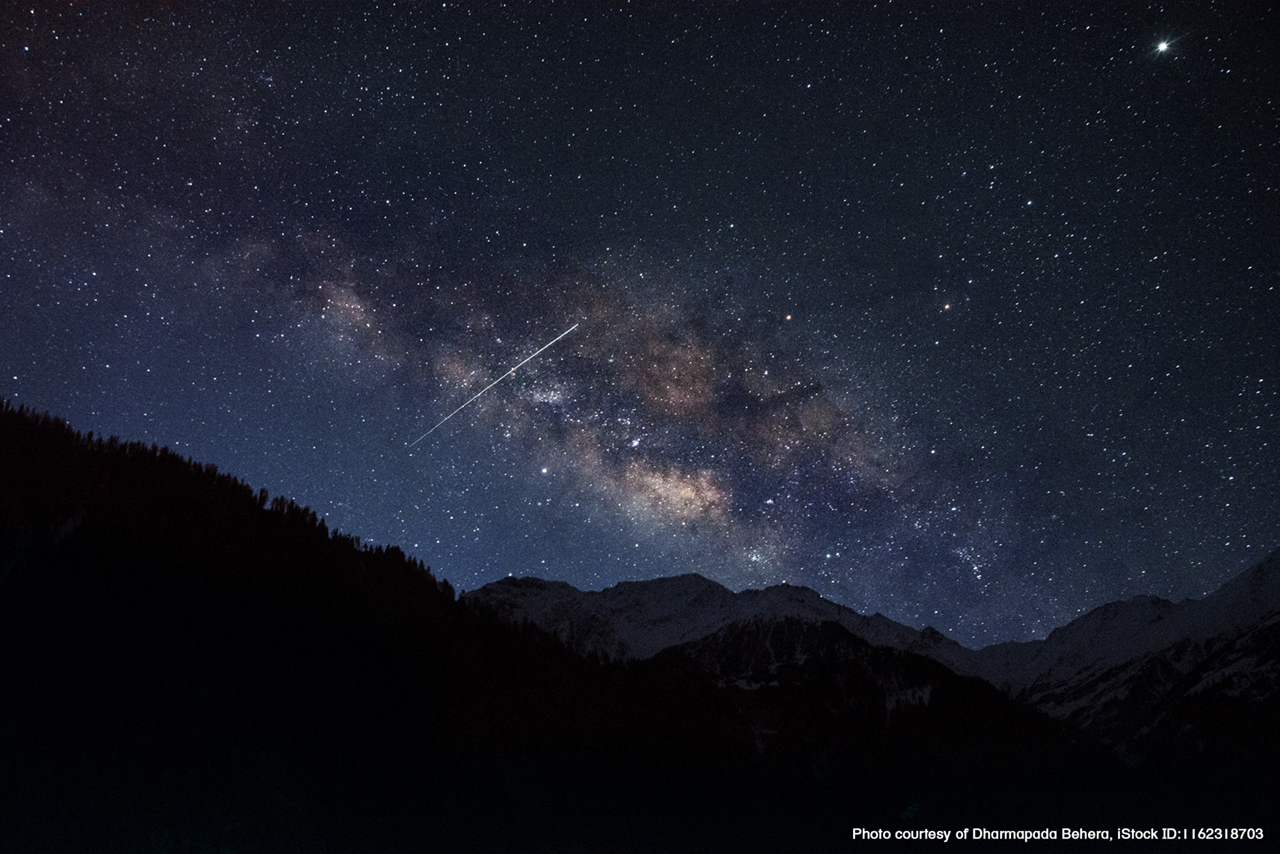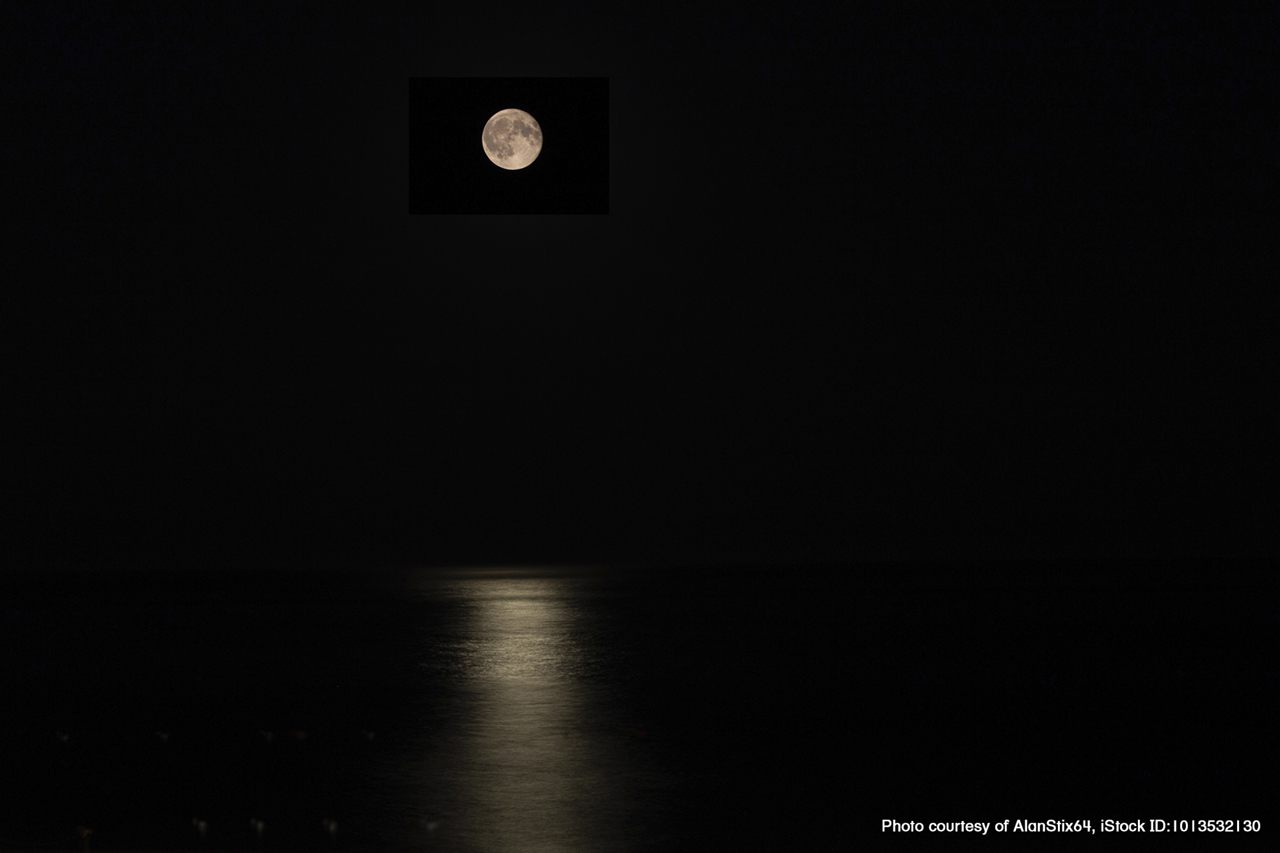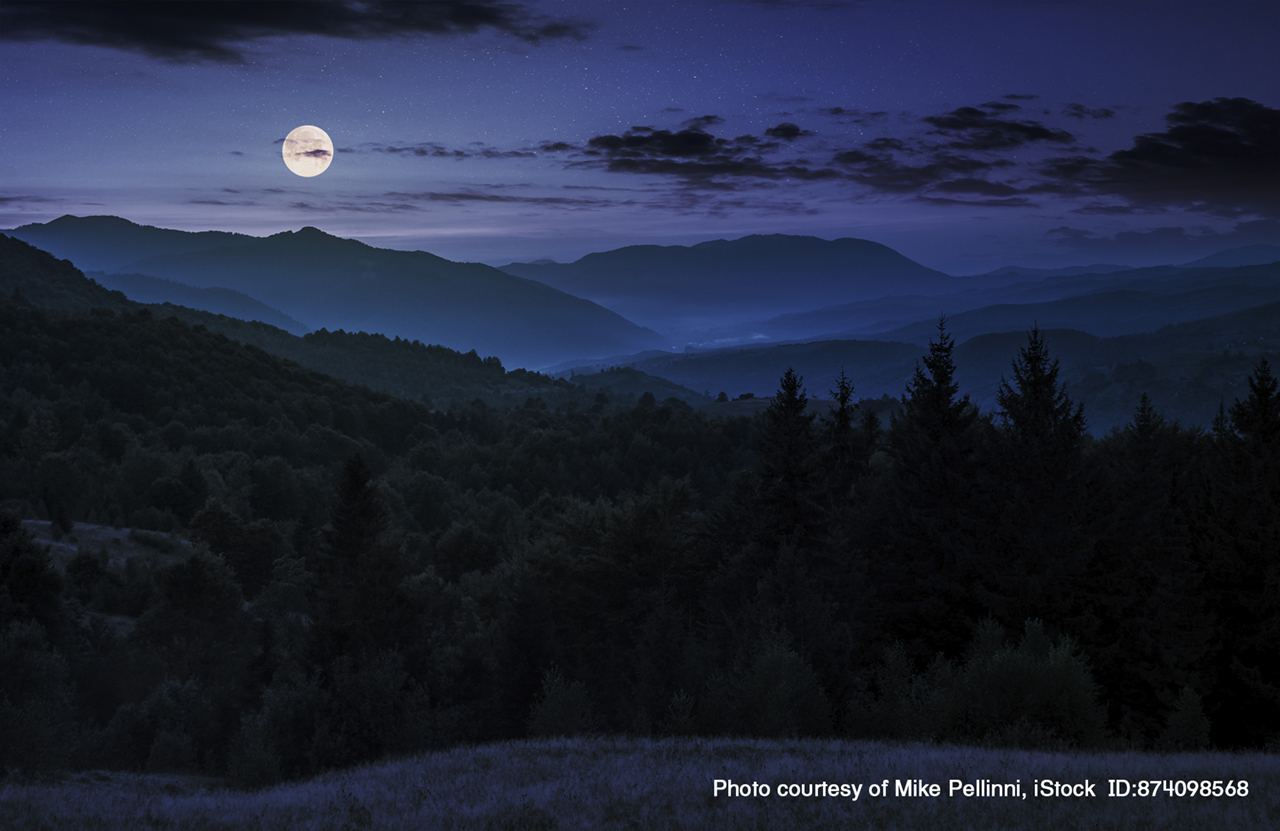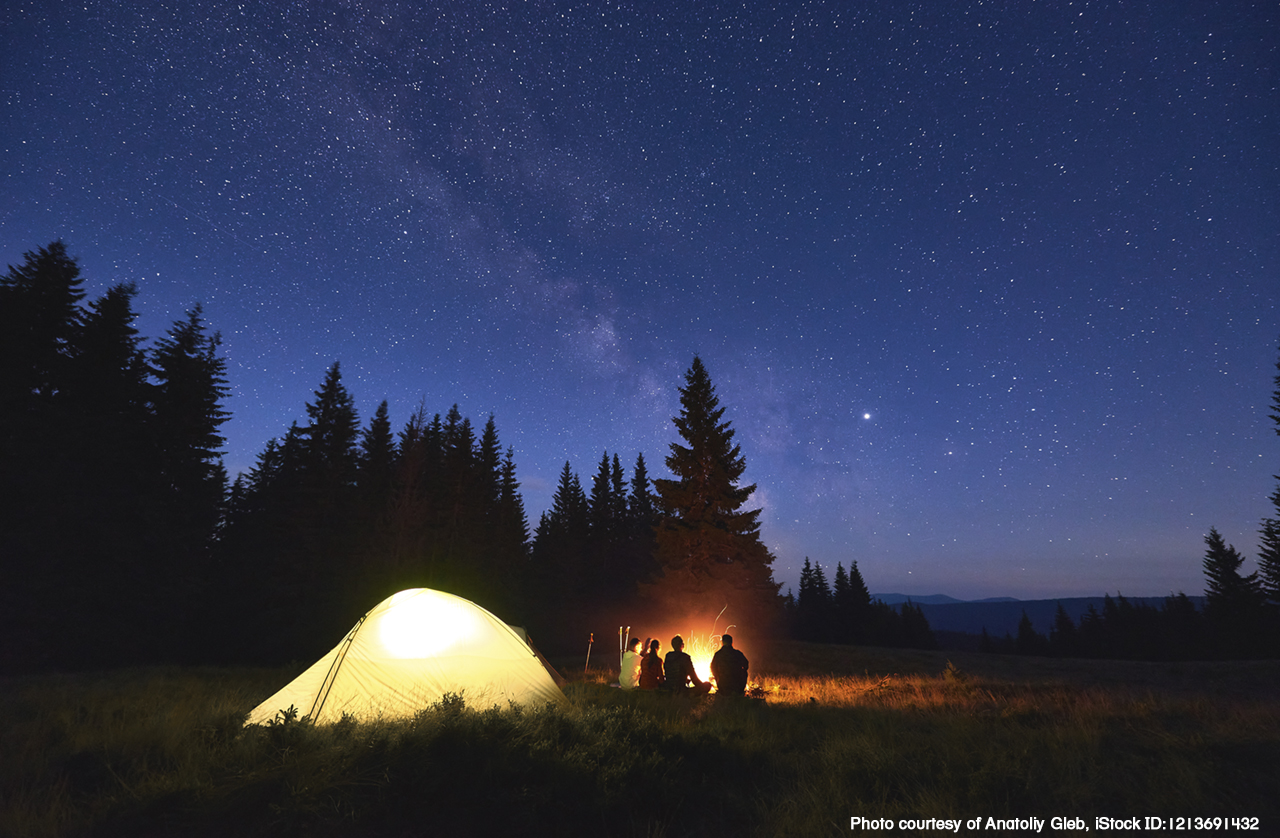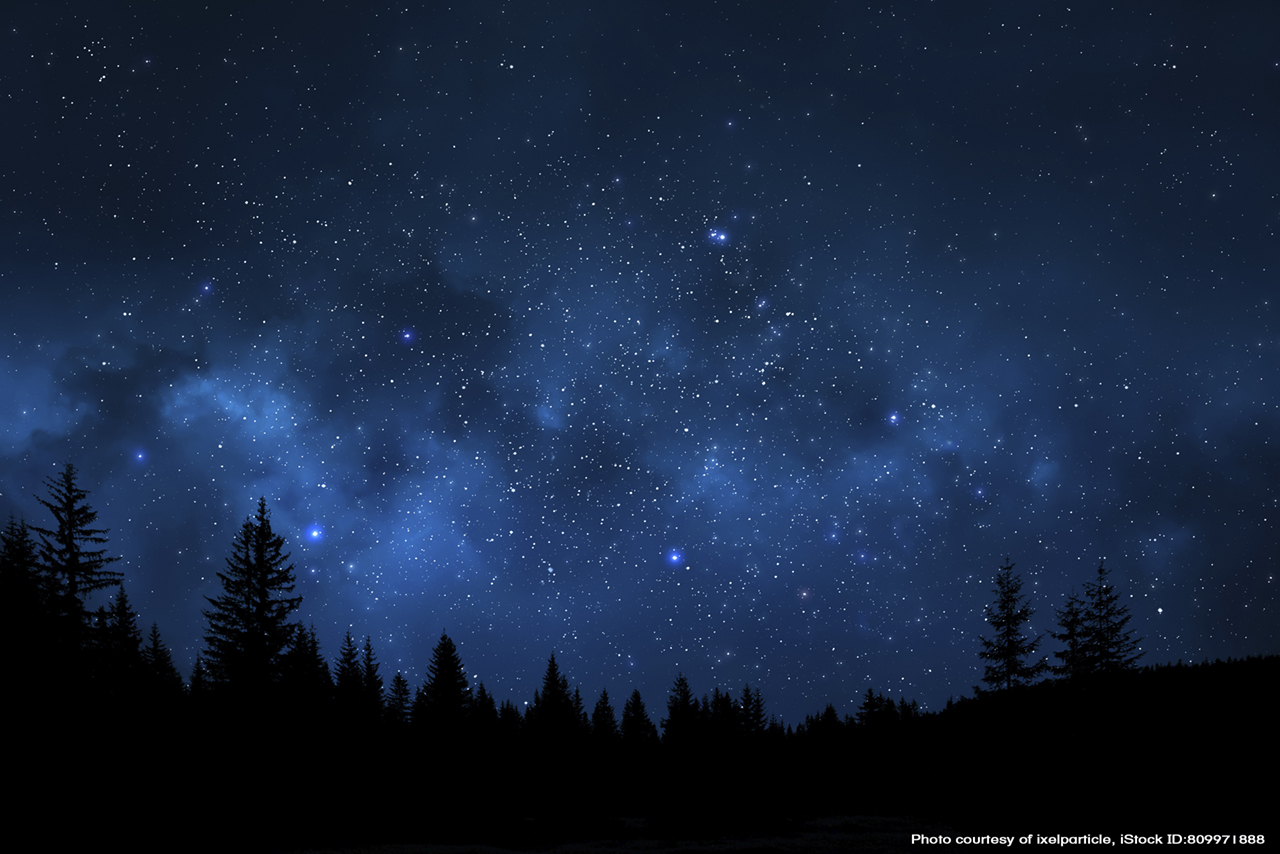A dark night sky filled with stars is becoming more difficult to find as humans expand to all corners of the earth. Light pollution is any adverse effect or impact attributable to artificial light at night which is caused, directed, or used by humans for any purpose. Unfortunately, the benefits that artificial light has provided humans have come at the cost of disrupting wildlife, harmful effects on human health, contributing to climate change, wasting energy, and ruining our view of the universe. Many nocturnal animals are affected by the lights. Inability to use their night vision, trouble finding food, increased visibility to predators, and migration path disruptions are just some of the harmful effects of light pollution on animals. According to the American Medical Association, nighttime lighting, especially from LEDs, “is associated with reduced sleep times, dissatisfaction with sleep quality, excessive sleepiness, impaired daytime functioning, and obesity.”
The International Dark-Sky Association (IDA) works to protect the night skies from light pollution for present and future generations. Through resources, leadership, and tools, the IDA advocates for reducing light pollution to communities, policymakers, and industries. They promote the responsible use of outdoor lighting that is beautiful, healthy, and functional. Their goal is to communicate about the importance of dark night skies that benefits all living things.
Pickett CCC Memorial State Park is the only International Dark Sky designated site in Tennessee. The Park is located within the Pickett State Forest in the upper Cumberland Mountains, on the Cumberland Plateau. It is adjacent to the Pogue Creek Canyon State Natural Area and the massive Big South Fork National River and Recreation Area. The Park is located in an area of the eastern United States where dark sky places are rapidly vanishing. In 2015 Pickett was awarded a Silver-tier designation by the IDA. The Park had to meet stringent criteria set forth by the IDA and worked in conjunction with the local community to modify facilities, including installing night sky-friendly lighting. Using special equipment, the Park has Bortle Sky Scale readings of 3. The scale ranges from one being inky black to nine. The Park’s astronomy field has excellent visibility of the Milky Way, meteors, and constellations on a clear night. The astronomy field is located at the Pogue Creek Canyon State Natural Area’s parking lot on Highway 154.
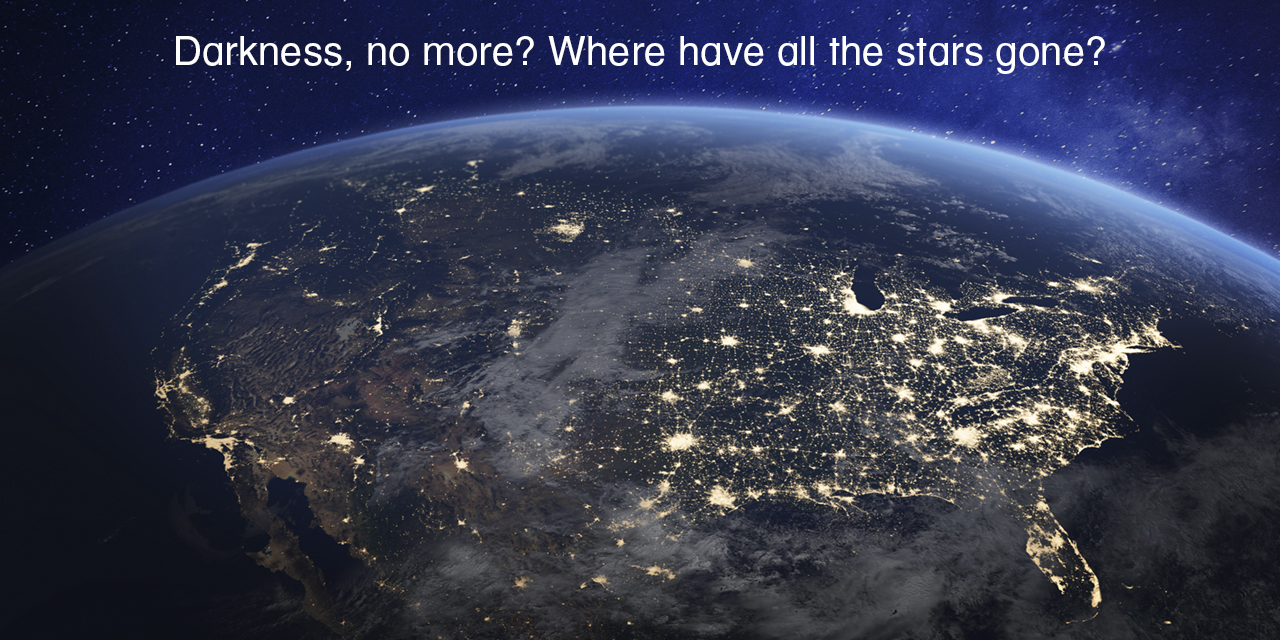
Story by: Lori Prater
“Look up at the stars and not down at your feet.
Try to make sense of what you see and
wonder about what makes the universe exist. Be curious.” ~ Stephen Hawking
Tennessee light illumination as seen from NOAA satellite:

Society’s progress corresponds with the illumination of the night sky, from campfires and torches to gas lamps, to incandescent lights and now bright blue LED lights. The global glow is gobbling up our night sky due to suburban sprawl. Researchers have found that more than 80% of the world’s population and 99% of the U.S. and European populations live under light-polluted skies. The Milky Way is hidden from one-third of humanity and 80% of North Americans.
US and World Dark Sky Maps:
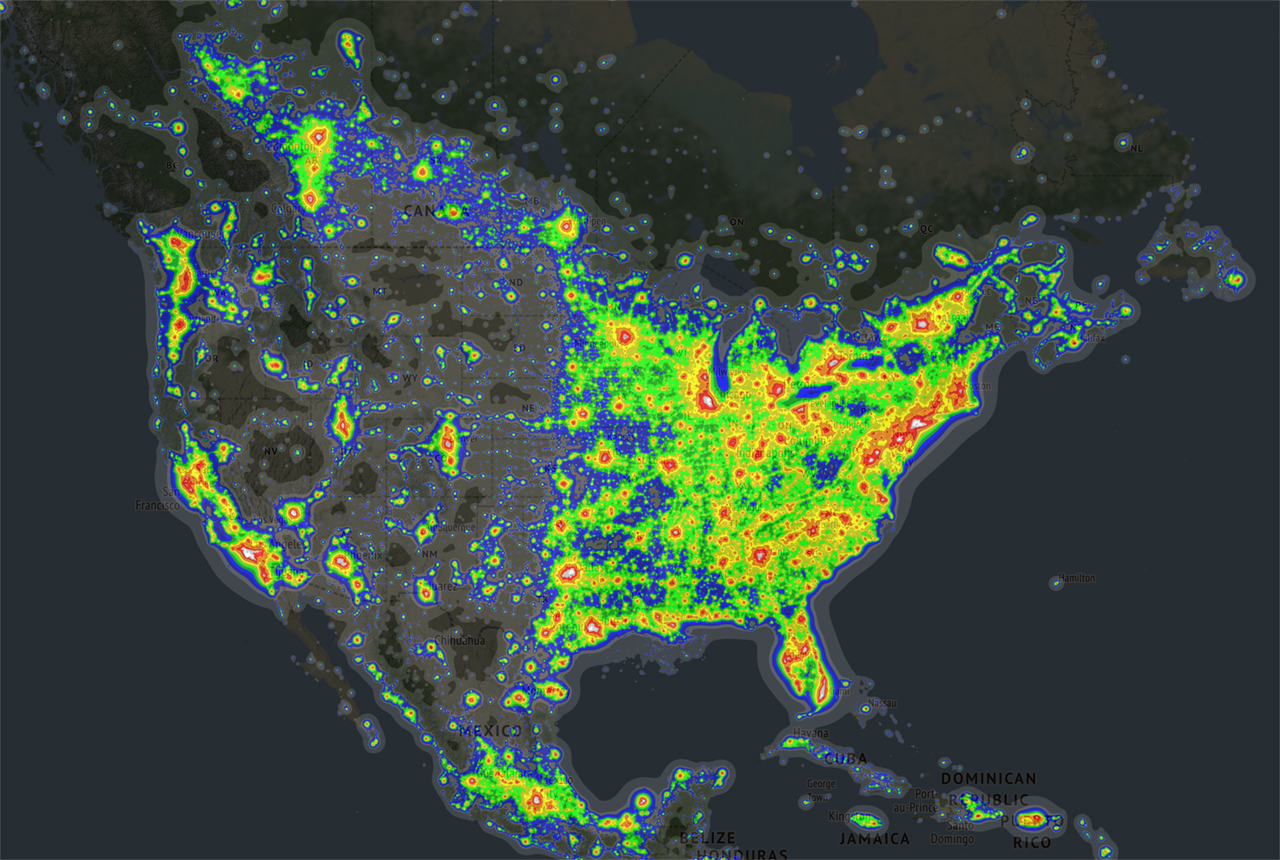
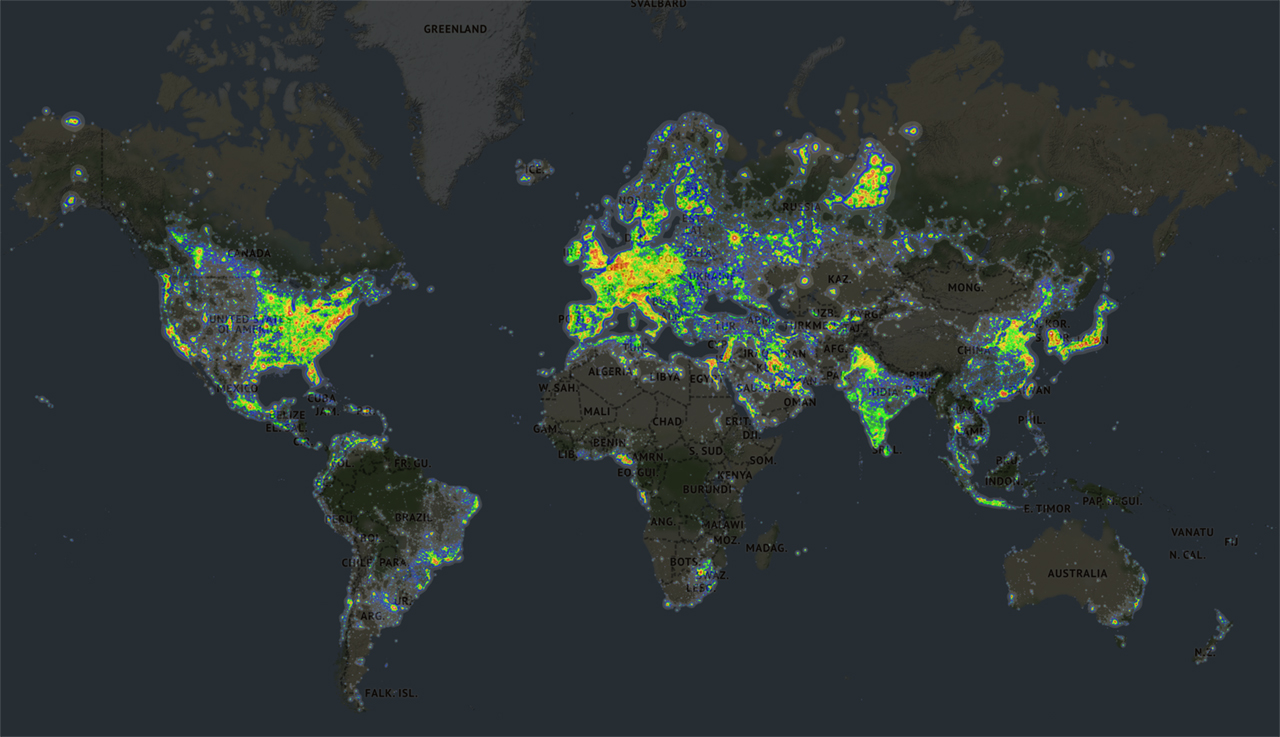
See what you are missing now that light pollution covers our night sky:
“The moon is a loyal companion. It never leaves. It’s always there, watching, steadfast, knowing us in our light and dark moments, changing forever just as we do. Every day it’s a different version of itself. Sometimes weak and wan, sometimes strong and full of light. The moon understands what it means to be human.
Uncertain. Alone. Cratered by imperfections.”
~ Tahereh Mafi





